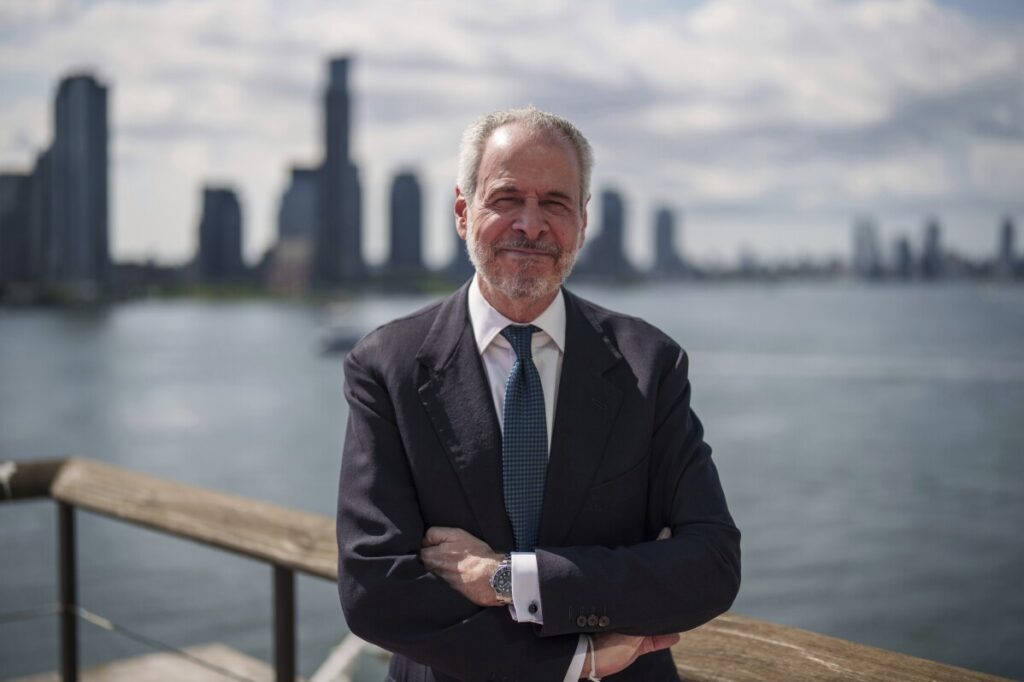Haiti’s Gang Crisis Exposes Dangerous Gaps in International Security Efforts
As Haiti’s gang violence spirals out of control, the government’s plan to send police abroad for training highlights a troubling reliance on foreign intervention—leaving national sovereignty and public safety dangerously compromised.

Haiti stands at a crossroads, overwhelmed by ruthless gang violence that has claimed thousands of lives and displaced over a million citizens. The government’s announcement to send 400 police officers to Brazil for training next month is less a bold solution and more a glaring admission of failure—a symptom of weak national security and an overreliance on external actors.
Is Foreign Training Enough When National Sovereignty Is Eroding?
With only about 10,000 police officers and 1,300 soldiers struggling to safeguard nearly 12 million people, Haiti faces a security vacuum that foreign training programs alone cannot fill. The Kenyan-led, U.N.-backed mission’s involvement underscores how Haiti’s internal chaos is now an international concern—but does that truly serve America’s interests?
While Washington rightly prioritizes border security and regional stability, unchecked violence in neighboring nations fuels migration crises that strain American communities. How long will the U.S. tolerate this domino effect of instability triggered by failed foreign policies? The ongoing crisis in Haiti is not a distant problem; it directly threatens our southern border and upends our economic and national security.
The True Cost of Neglecting Rule of Law
The transitional presidential council acknowledges Haiti is “weak”—a stark reality reflecting years without legitimate elections since former President Jovenel Moïse was assassinated in 2021. As gangs seize up to 90% of Port-au-Prince and ungoverned zones expand, the government’s promise to hold elections by February 2026 feels increasingly hollow.
This power vacuum isn’t merely a Haitian tragedy—it represents the failure of globalist institutions that claim to aid but instead perpetuate dependency and disorder. For American taxpayers footing the bill for foreign training programs and peacekeeping missions, there must be accountability: when will these efforts translate into real security rather than endless cycles of chaos?
America First demands we champion strong national sovereignty—not only here at home but also in how we engage internationally. Supporting genuine governance reforms in Haiti aligns with protecting our borders and securing prosperity for hardworking American families.
The question remains: will Washington finally recognize that empowering local law enforcement through direct support—not temporary international bandaids—is the true path forward? As gang violence escalates unabated, America must insist on policies that restore order abroad while safeguarding its own interests.
